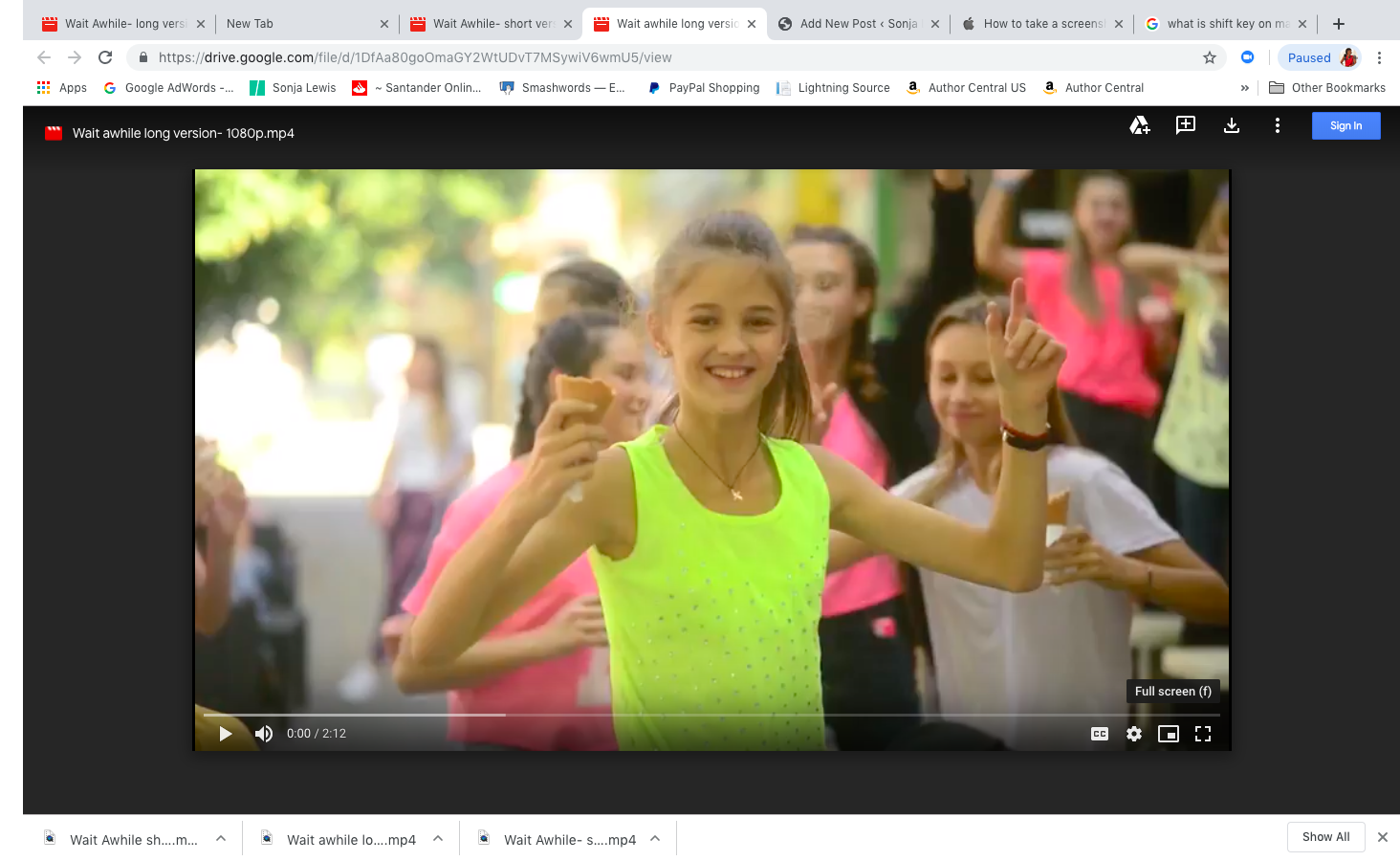How To Use Boundaries and Effective Communications
Family relationships are key to growth and development, particularly during the teen years, not to mention the opportunities that family life offers for learning new skills that will not only support you as a teen but will also set you up for the future.
For example, though boundaries might feel like rules that only cramp your style, they are crucial to learning to be responsible.
Reflecting upon my own teen years, I do recall having loads of boundaries—some to do with going out and others to do with staying in. I had to be home at a certain time and visitors, particularly boyfriends, had to be in to visit me at a certain time and out at a certain time, too. Fair enough, although I didn’t think it was fair at all when a boyfriend and a distant cousin of mine turned up about half hour later than was allowed and found themselves turned away at the door by my father.
How embarrassing? However, looking back, not only can I see that it was fair but it was necessary for me to understand the importance of honouring other people’s boundaries. First, I realised that the boundary was set set out of care and concern and for my own wellbeing. Next, it taught me discipline and responsibility. For example, somehow it helped me to value time and to respect other’s boundaries and expect them to respect mine.
I am sure having boundaries opened up opportunities for me to begin thinking of setting my own with friends, for example. The principle works in general. Knowing that you don’t feel comfortable doing a certain thing under peer pressure is one thing but having a boundary to avoid the consequences just might ease the pressure a bit. And thankfully you can take your boundaries right into adult life whether that is university or a job and then into your own family life.
The point is that boundaries are there to serve you, both mentally and physically.
Another skill to pick up from family life is learning how to communicate effectively. I know from my own personal life how difficult this can be even as adult, let alone as a teenager. But it takes commitment and practice to become a good communicator and while there are many tips for communicating effectively–two key elements of practicing is listening and talking.
Easy peasy, right! Not necessarily, talking for example can be misunderstood if you don’t understand your own message and aren’t clear and concise about what it is you are trying to say. So, the next time there is a misunderstanding with a parent or guardian, really think about what you would like to say and say it with clarity. But do make sure the timing and the tone are right. You’re speaking, not protesting.
And equally important is listening, actively, making sure you understand what is being said to you in response. That means not interrupting, not paying lip service to something and planning what you are going to say or do next.
The bottom line is that like setting boundaries, effective communications is there for you, as well, to make your experience the best possible scenario. So why not tap into the opportunities to incorporate setting boundaries and communicating effectively into your own life at school, with friends and so on. Check out our podcast: UIO: Your Family Inside Out with Helen Lewis for more hot tips on family life.





